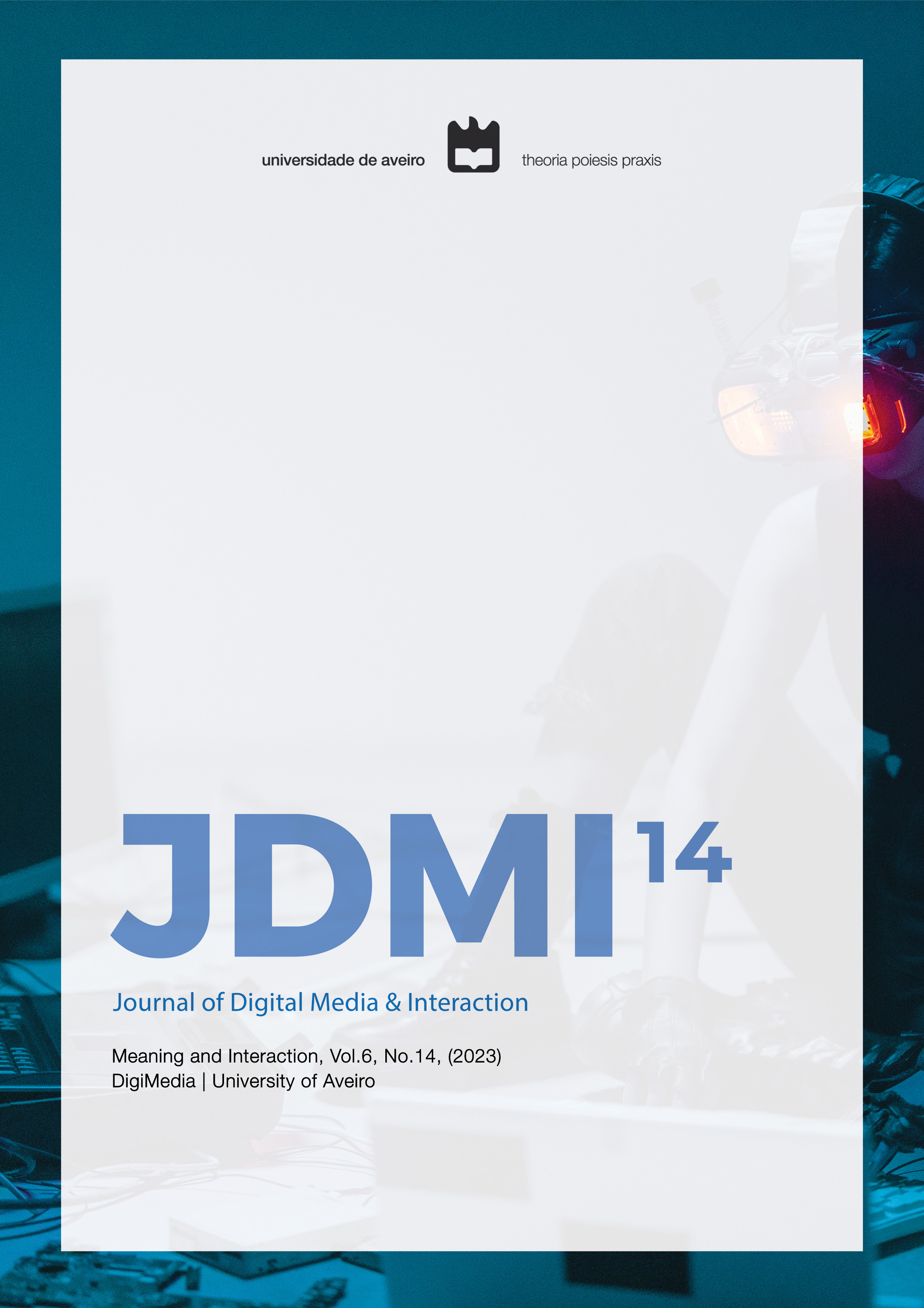The Game Plants Make People Happy: Exploring Agency through Research-Creation
(Le jeu Plants Make People Happy : exploration de l'agentivité par la recherche-création)
Abstract
This research-creation delves into the concept of agency in video games. Recent studies have highlighted the importance of meaning-making in the experience of agency, and this work builds upon that research to argue that agency does not arise from a complex narrative structure nor from numerous interactions. Instead, agency arises from an exchange between players and the game situation, which includes the game world and the environment beyond the game, such as the game creators. The feeling of agency comes from a dialogue and transaction between the player and the world, which the game creators should foster. The video game Plants Make People Happy serves as an example of how such an exchange can take place, in an experience that leads the player to inexorable failure. Although at first the game may seem to remove all agency from the players, it actually enhances it by encouraging them to reflect on their relationship with the game creators.
Downloads
Copyright (c) 2023 Laureline Chiapello

This work is licensed under a Creative Commons Attribution-NonCommercial-NoDerivatives 4.0 International License.
Authors who publish in the JDMI agree to the following terms:
-
Authors retain copyright and grant the journal the right of first publication with the work simultaneously licensed under a Creative Commons BY-NC-ND 4.0. This licensing allows others to share the work with no changes and acknowledgement of the work's authorship and initial publication in this journal, but not for commercial use.
-
Authors are able to enter into separate, additional contractual arrangements for the non-exclusive distribution of the journal's published version of the work (e.g., post it to an institutional repository or publish it in a book), with an acknowledgement of its initial publication in this journal.
-
Authors are permitted and encouraged to post their work online (e.g., in institutional repositories or on their website) after publication, as it can lead to productive exchanges, as well as earlier and greater citation of published work.
Copyrights to illustrations published in the journal remain with their current copyright holders.
It is the author's responsibility to obtain permission to quote from copyright sources.
Any fees required to obtain illustrations or to secure copyright permissions are the responsibility of authors.
Additional Information
All correspondence concerning contributions, books and other review material should be sent to: deca-jdmi@ua.pt


